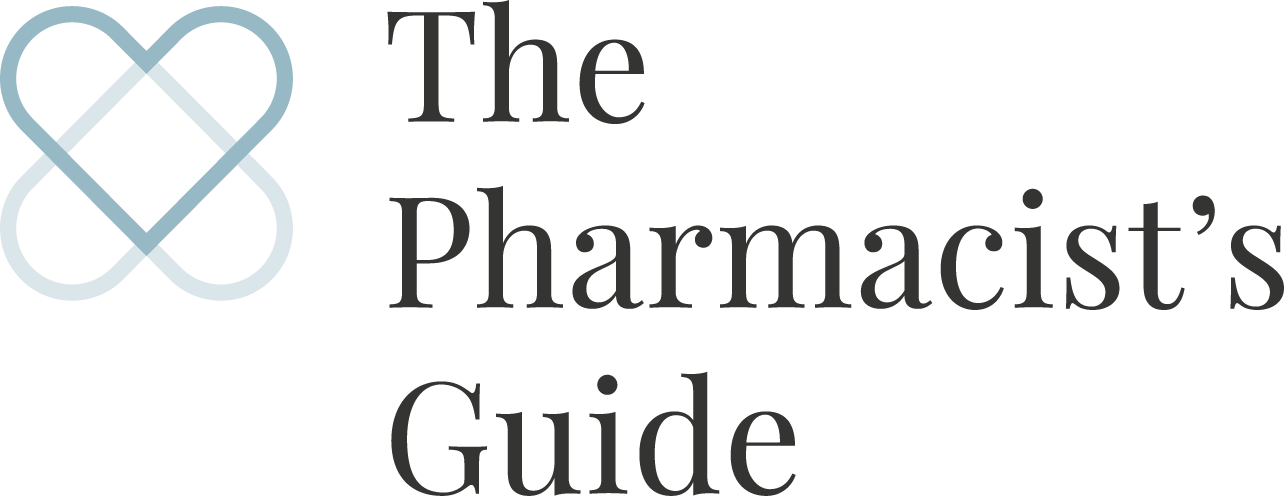EVER WONDER WHAT PHARMACISTS DO?
Do you ever wonder what a pharmacist does with their doctorate degree? Pharmacists go to four years of graduate school after their undergraduate courses and no, this is not so they can just count pills! They actually do a lot more and having a pharmacist on a healthcare team has been proven to decrease overall healthcare costs and improve clinical outcomes. Here are a few of the highlights from the article.
They interpret drug interactions:
Some drug interactions are pretty harmless (some are actually beneficial!) and some interactions can be very very serious. If the pharmacist has an accurate record of your prescription and over the counter medications (and herbals), then they can interpret which interactions you need to watch out for.
Pharmacists focus on telling you what matters:
Some side effects are very rare and not as serious as others. A pharmacist will focus on the more common side effects relative to each person (based on age, gender, etc...) and also will focus on the rare but very serious side effects to look out for.
Pharmacists give immunizations
Many retail and clinic pharmacists are licensed to give immunizations to people. It usually is much faster than going to the doctor's office!
The pharmacists who work in clinics, hospitals and long term care facilities also have a very vital part in patient counseling and managing a patient's medications. Their medication expertise is a valuable addition to any healthcare team.

